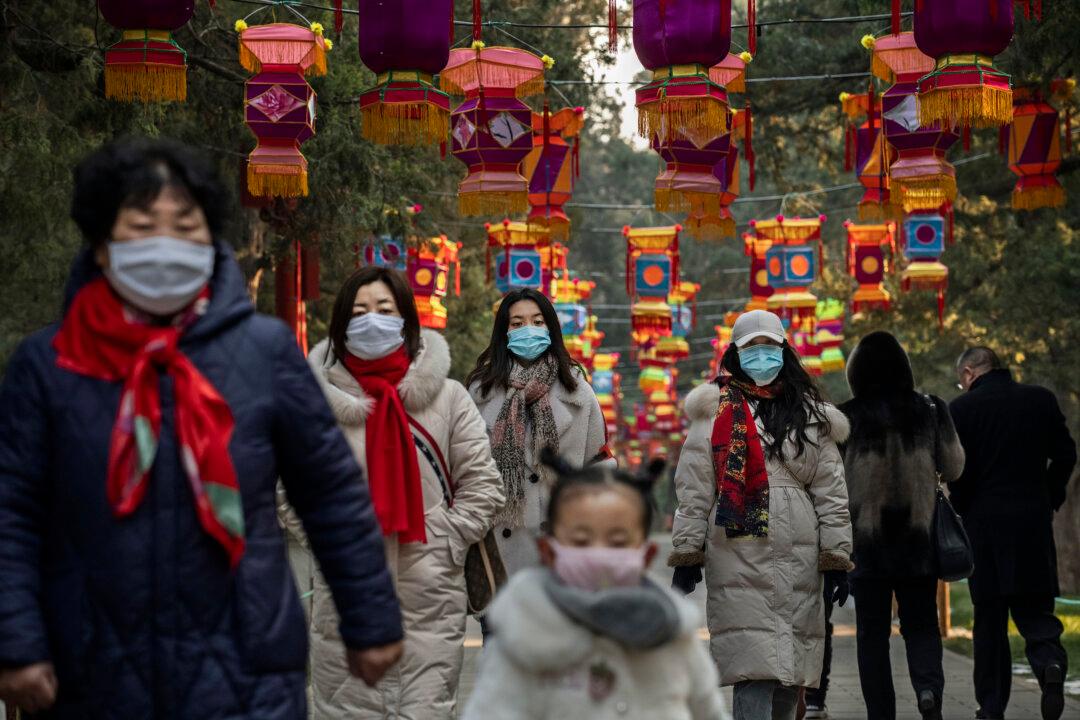No Hollywood movies will be released during the upcoming New Year’s celebration season in China, according to China’s state-owned media.
Restrictions include Marvel films such as “Shang-Chi and the Legend of the Ten Rings,” “Eternals,” and “Black Widow,” as well as the latest Hollywood sci-fi film “The Matrix Resurrections” and the Marvel blockbuster “Spider-Man: No Way Home,” a Chinese media reported on Dec. 9. State-owned Xinhua media also quoted Beijing Youth Daily, the official newspaper of the Beijing Municipal Committee of the Communist Youth League of China, on Dec.10 as reporting the absence of Hollywood blockbusters from 2022 New Year festival market in China.





